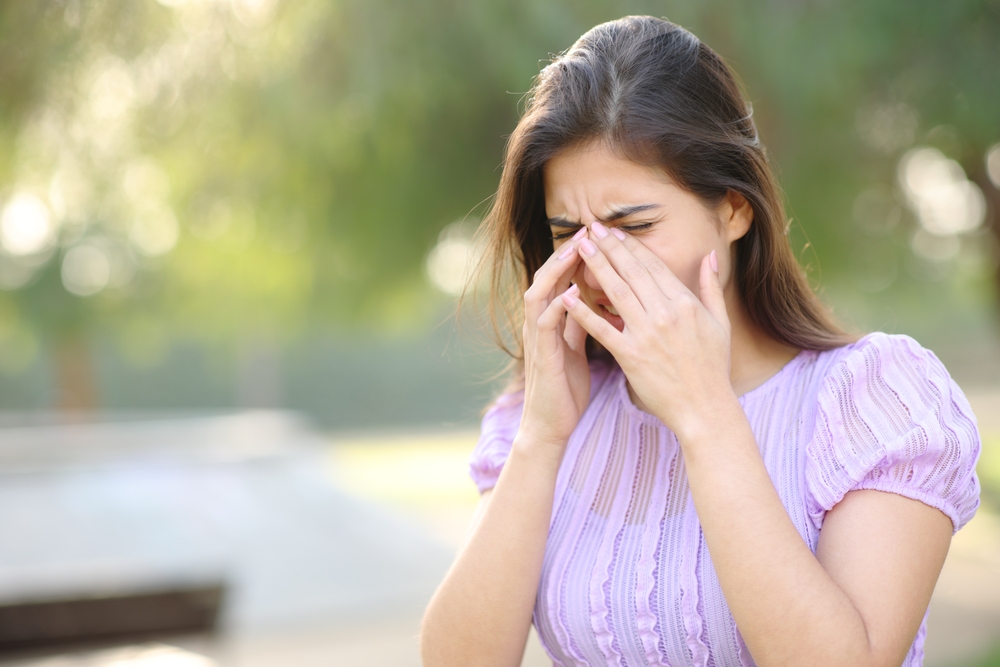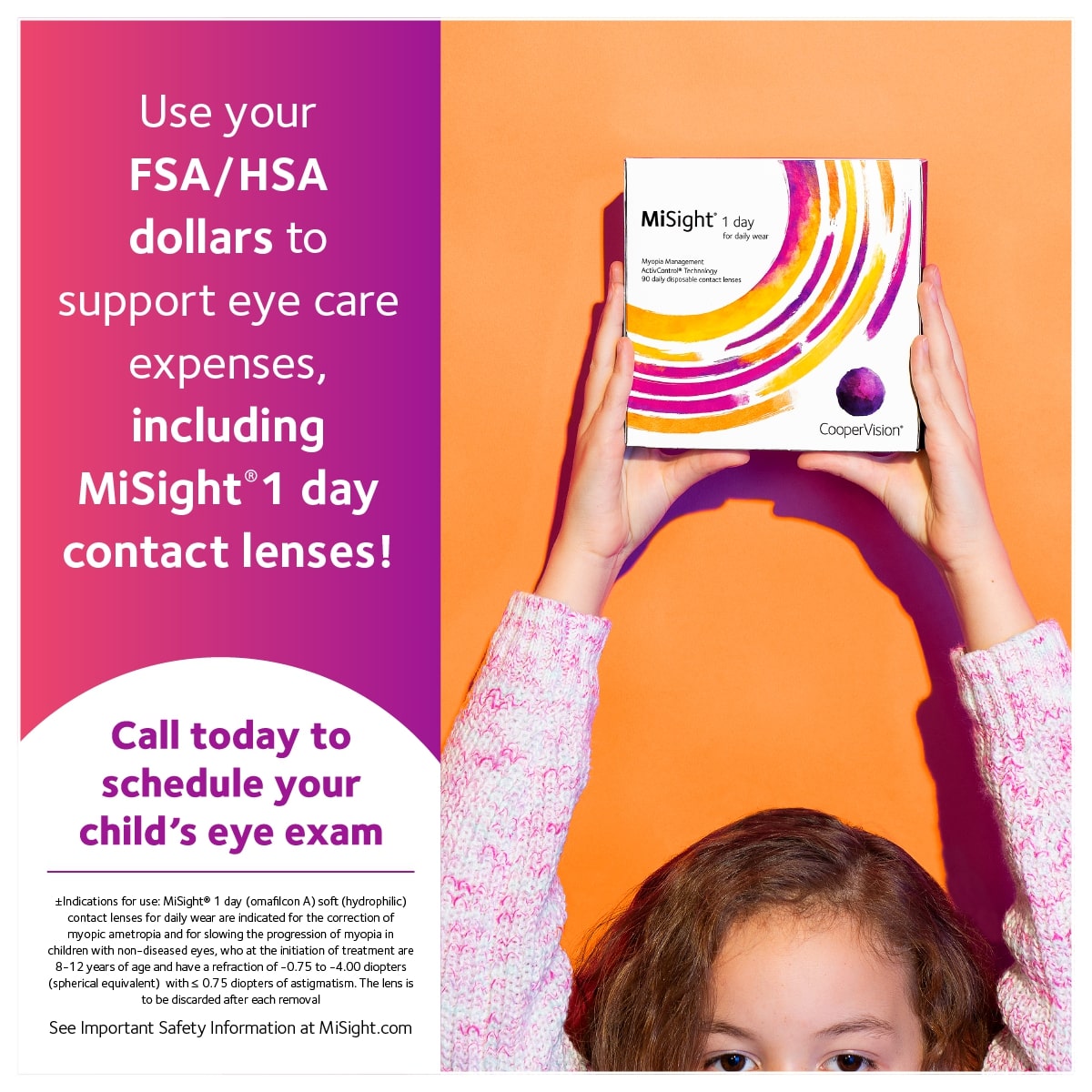
Dry eye can affect people at any time of year, but certain seasons tend to make symptoms worse. Whether it is the chilly winds of winter or the high pollen counts of spring, each season presents its own challenges for maintaining eye comfort. Here is a guide to help you manage your symptoms through the changing seasons and protect your vision all year long.
What is Dry Eye?
Tears are essential for maintaining the health of the front surface of the eye and for providing clear vision. When the tear film becomes unstable, it can lead to symptoms such as stinging, burning, redness, a gritty sensation, or even blurred vision.
Dry eye can be caused by a variety of factors including aging, hormonal changes, certain medications, environmental conditions, and prolonged screen use. If left untreated, it can lead to discomfort and, in more severe cases, damage to the surface of the eye.
Why Dry Eye Symptoms Fluctuate with the Seasons
Dry eye occurs when your eyes do not produce enough tears or the tears evaporate too quickly. While it can be a chronic issue, environmental factors like wind, heat, cold, and allergens can trigger or worsen symptoms such as burning, itching, redness, and blurred vision.
Winter: Cold air and indoor heating systems reduce humidity, causing tear film to evaporate quickly.
Spring: Pollen and allergens can inflame the eyes and disrupt tear production.
Summer: Increased sun exposure and time in air-conditioned spaces can dry out the eyes.
Fall: Wind and debris in the air can cause eye irritation and tear evaporation.
Tips to Keep Your Eyes Comfortable Year-Round
Use a Humidifier: During dry months, especially winter, indoor heating can significantly reduce moisture in the air. A humidifier adds needed humidity to your home or workspace, helping to keep your eyes hydrated.
Wear Sunglasses Outdoors: Protecting your eyes from wind, UV rays, and allergens is essential. Wraparound sunglasses can serve as a barrier against environmental triggers.
Apply Warm Compresses: Using a warm compress daily helps unclog meibomian glands, improving the quality of your tears and relieving dryness.
Stay Hydrated: Drinking enough water is critical for overall eye health. Dehydration can worsen dry eye symptoms, so make hydration a priority in every season.
Avoid Direct Airflow: Steer clear of fans, car vents, and air conditioners blowing directly into your face. Redirecting airflow or using protective eyewear can make a big difference.
Use Artificial Tears: Over-the-counter lubricating drops can offer relief by supplementing your natural tear film. Choose preservative-free options for long-term use.
Schedule Regular Eye Exams: Your symptoms might shift with the seasons, but consistent care helps detect underlying causes and ensures you get the right treatment options for your specific needs.
Take the Next Step Toward Lasting Comfort and Healthier Eyes
Dry eye may feel like a seasonal inconvenience, but with a few simple strategies, you can enjoy clearer, more comfortable vision throughout the year. Staying proactive with your eye care makes a significant difference in managing dry eye symptoms no matter the season.
If you are struggling with dry, irritated eyes, schedule a comprehensive dry eye evaluation with Orange County Vision Center and take the first step toward lasting comfort and healthier vision. Visit our office in Garden Grove, California, or call us at (714) 894-3353 to book an appointment today.







